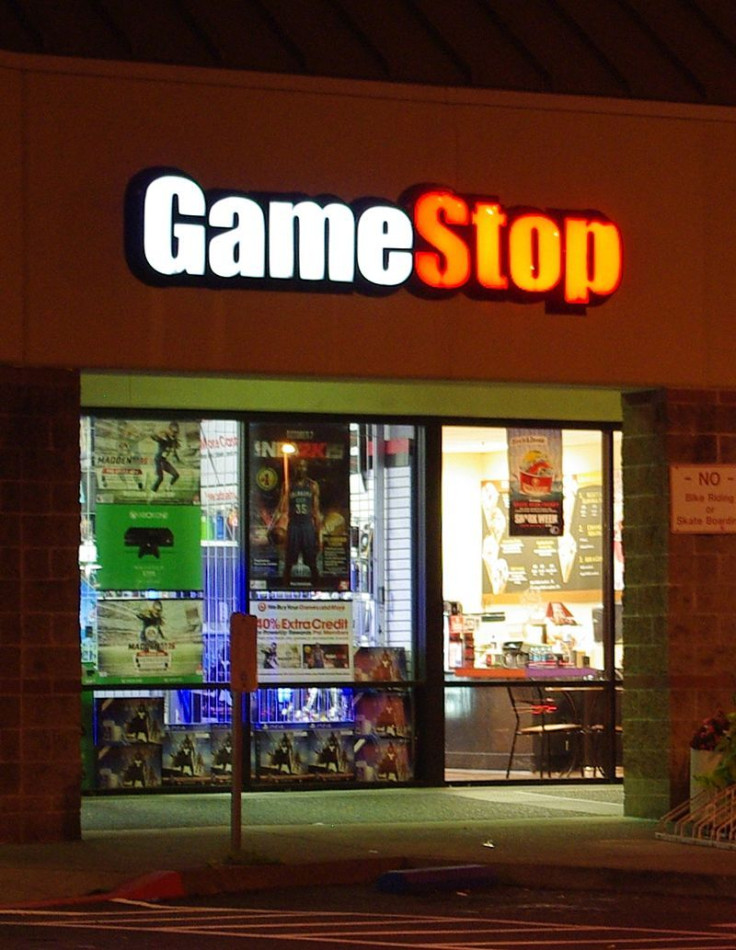'Assassin's Creed Unity' Release Date Delay Sets GameStop Back

GameStop's livelihood is largely dependent on its big game releases. On Friday, it got killed. Shares in the brick-and-mortar game retailer plummeted 12 percent after it reported sales and profits that missed analyst estimates.
One of the culprits: Ubisoft's delayed release of historical action-adventure game “Assassin’s Creed Unity,” which was originally scheduled for an Oct. 28 launch date. The game reached buyers on Nov. 11 in North America and saw mediocre reviews, along with a number of bugs and glitches.
"Overall, most of our major product categories performed very well, but our third-quarter results were impacted by ‘Assassin’s Creed Unity’ moving out of October,” GameStop CEO Paul Raines said on Thursday.
GameStop currently operates 6,457 stores through the U.S., Canada, Australia, New Zealand and Europe.
"GameStop's third-quarter miss can be attributed to two primary factors: title release timing and greater-than-expected pressure on legacy software," Sterne Agee analyst Arvind Bhatia said.
"I would anticipate that we will begin to see software growth as early as the fourth quarter and definitely in the first quarter of next year," GameStop President Tony Bartel added. The anticipated increase can be partially attributed to the holiday shopping season, which will kick off with Black Friday next week.
Total global sales for GameStop’s third quarter of 2014 were $2.09 billion, down 7 percent from 2013’s $2.11 billion. However, hardware sales increased by 147.4 percent, and Xbox One and PS4 sales were 73 percent higher than the seventh-generation Xbox 360 and PlayStation 3 sales.
Meanwhile, sales in the mobile and consumer electronics department rose by 125 percent, partly due to GameStop’s purchase of Salt Lake City-based AT&T retailer Spring Mobile in November of last year.
Despits its decrease in revenue, Bhatia sees potential for the future of GameStop.
"Based on historical patterns and the ongoing strength of next-gen, we believe 2015 is likely to be a breakout year for the industry, with potential for double-digit growth in new software," he said. "We believe GameStop's early lead on next-gen positions it really well to benefit from such trends."
© Copyright IBTimes 2024. All rights reserved.






















